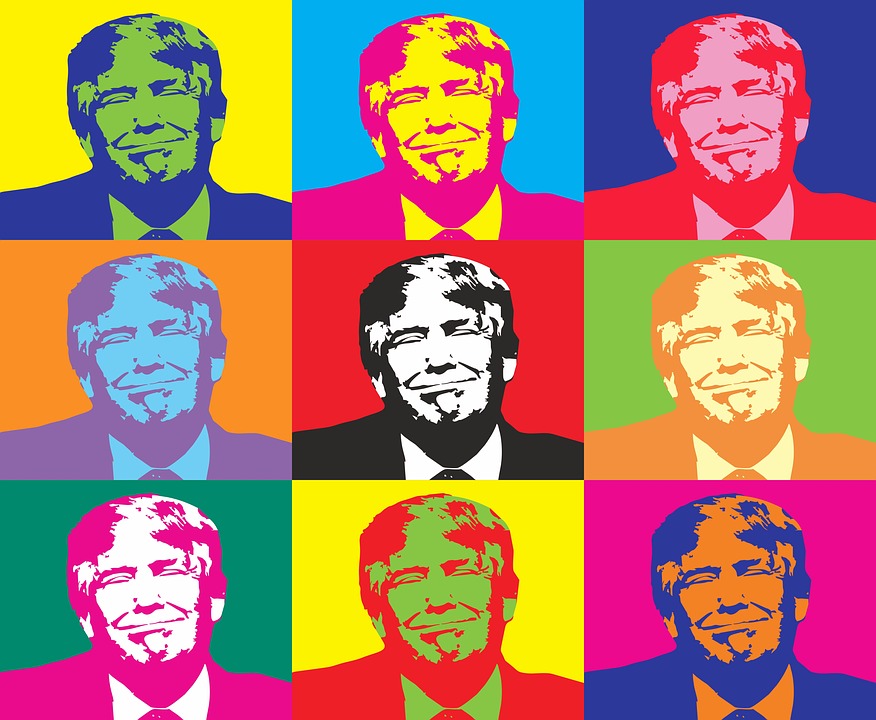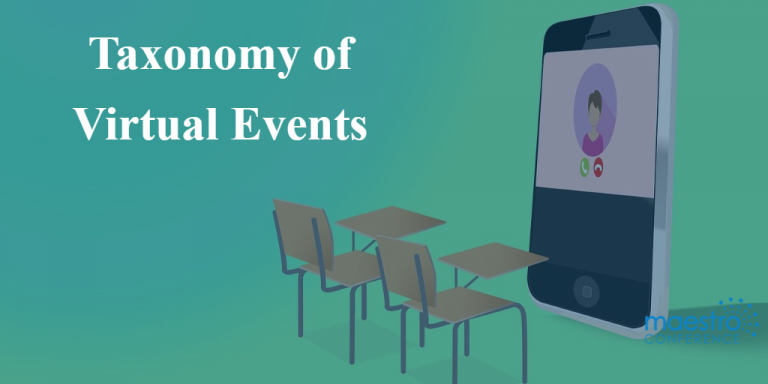Why Was 2016 Such a Shocking Year in Politics?
2016 was a strange year in politics, with Brexit and Trump shocking everyone, even those who voted for them! However, the main reason they were such a shock is because almost nobody predicted such outcomes, with the exception of some political science models. But why was this?
Firstly, we don’t want to turn this into a political debate; we just want to ascertain why so-called pollsters and “experts” in the field of politics got it so horribly wrong, in both the U.K. and U.S. – perhaps it was because they chose to use outdated, tried-and-tested tools rather than adapt to modern times.
One thing is for sure, governments on both sides of the pond have lost touch with those they were meant to govern. But again we ask, why? Or perhaps how is a better question.
We didn’t collaborate with the right people
Our theory is that pollsters didn’t listen to people enough, and by people we mean everyday people. Their voices usually go unheard…until Election Day comes along. This is arguably the only time that voters can make any real difference to their livelihood. That said, the populous could have made their opinions count long before it was time to vote, namely by leveraging the power of today’s virtual collaboration tools that allow everyone in attendance to communicate and interact with ease from anywhere in the world.
Would this have changed anything on Election Day?
MaestroConference isn’t trying to say newer technology like ours and others like us would’ve altered the outcome in the U.S. or Britain, but it would almost certainly have helped understand what people were thinking. Rather than listening to polls and the opinions of professionals, we should be listening to everyone, from average Joes to CEOs.
Powerful tools like teleconferencing, video conferencing and audience polling allow people anywhere in the world to converse and engage with ease and efficiency, with no voice going unheard, no thought left ignored. Opinions are shared by everyone in attendance and participants don’t necessarily need to focus on one topic, candidate, or event. The important thing is that real-time collaboration and interaction is taking place, which enables them to make a more informed judgement before an event, such as an Election, takes place.
Furthermore, these tools allow voters to connect and engage with candidates. In the past, average voters would’ve had to write a letter or email a public official, and hope that it caught the attention of the addressee (unlikely), whereas newer technologies like ours ensure that anyone can have real-time interaction with others in attendance, including public officials. Creating a virtual environment that fosters engagement, discussion and idea harvesting gives voters and political candidates the chance to iron out kinks in their campaign that might otherwise have been ignored, and might even have cost them the election!

Tapping into the collective consciousness
Typical collaboration takes place between a handful of people, usually experts in their respective fields, but this can be quite restrictive and it ignores the collective mood of the populous. We want diverse groups of people from all walks of life, with varying levels of expertise, to share their thoughts with like-minded and non like-minded people. This will give us new ideas and new avenues to explore while welcoming and being inclusive (hopefully) of those who feel forgotten, ignored or left out. Then, each idea can be voted on to ensure the most influential ones are addressed first, optimizing the entire process. Results can be achieved almost instantly and each member involved feels valued and offers unique insight from start to finish. When each voice is heard and contributes, the collective intelligence of the citizenry is harvested, leading to a truer approximation of a democracy.
In our humble opinion, this is why pollsters failed to predict Trump and Brexit – they didn’t use the correct tools to listen to all people. Had they done so, perhaps pollsters and the country wouldn’t have been so surprised by such results!



